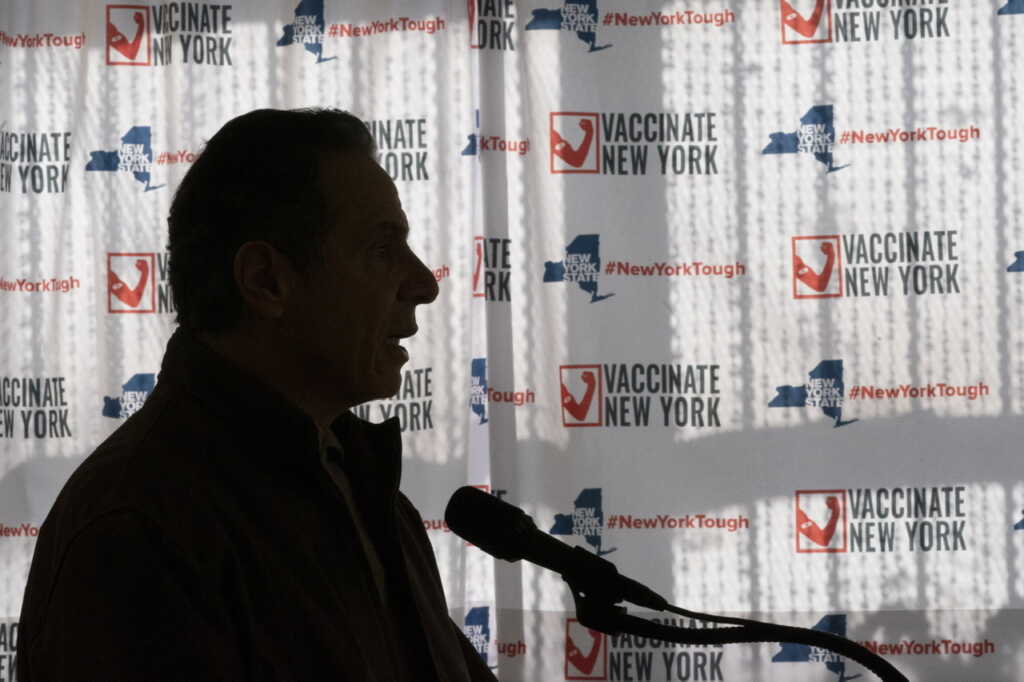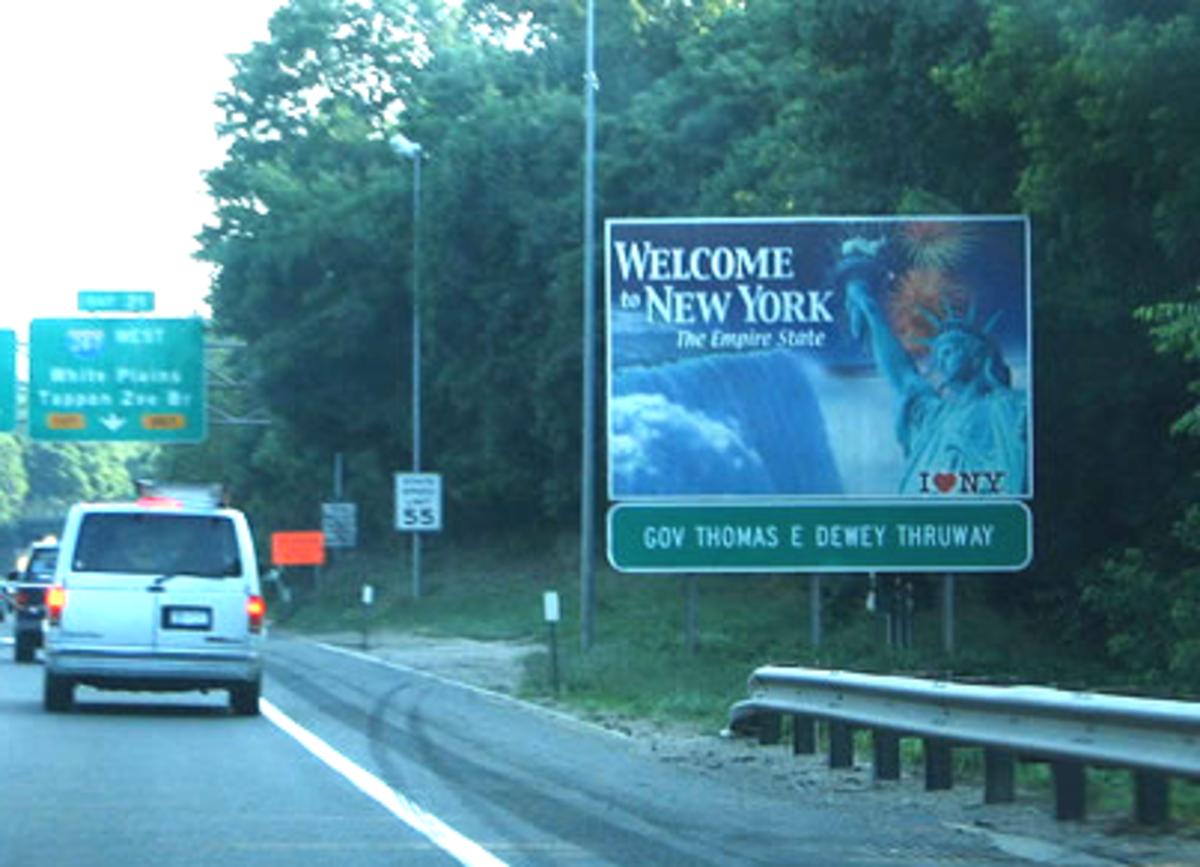Table of Content
- What happens after you file a complaint?
- Health Advisory: Updated Adult Care Facility Visitation, Communal Dining and Activities and Construction Projects
- Commissioner’s Determination on Indoor Masking Pursuant to 10 NYCRR 2.60
- Nursing Home Testing Requirements: DAL 21-23
- About U.S. Nursing Regulatory Bodies
At the conclusion of each inspection, the Department’s findings are shared with nursing home administrative staff in an exit interview and are included in a survey report that is forwarded to the facility. If the Department has determined that the nursing home failed to comply with all applicable state and federal licensure standards, the facility will be cited for deficiencies. Nursing home inspections, whether standard or in response to complaints, are conducted without notice to the facility.

To more fully assess the quality of care provided by a facility, it is important that you review current and past survey reports. You may also wish to discuss services and performance levels with your doctor and with family members or friends who have used the facility. All penalty monies collected on violations of state standards are deposited into a special fund used by IDPH to monitor health care facilities that violate licensure standards and in which the owner or operator is unable or unwilling to make necessary corrections. The Long Term Care Monitor and Receivership Fund allows the Department to monitor facilities not in compliance with licensure standards and to safeguard facility patients or residents whether or not the owner is cooperative.
What happens after you file a complaint?
NYS DOH surveyors then investigate the issue and make a determination on whether State or Federal regulations have been violated. Medicaid was established by Congress in 1965 as a government health insurance program for people of all ages whose income is too low to provide for routine health care costs, or whose health care costs are too high to be covered by their income. This health insurance covers the cost of nursing home care for as long as the care is required if an individual is eligible. If you are planning to pay for nursing home care out of your own pocket, ask for a list of services that are covered by the basic daily rate. Also ask how the rates are adjusted and how residents are notified of adjustments. Under current regulations, notification must occur in writing 30 days prior to any upward adjustment in the daily rate for a service being implemented.
For all adult care facility residents, within seven days of admission or readmission, the facility shall make diligent efforts to schedule all consenting and eligible new or readmitted residents for the COVID-19 vaccination. We found the Department generally met its obligations to conduct Standard Health and Complaint surveys in accordance with federal and State requirements, but its enforcement policies and procedures needed to be strengthened to better protect the health and well-being of nursing home residents. Inefficiencies in the Department’s processes significantly impaired its ability to assess fines timely, in some cases resulting in delays of up to six years between when the violation was cited and the resulting fine was imposed. Further, the Department did not utilize the full array of enforcement actions available to it, choosing to not levy fines for well over 80 percent of the violations it cited. Transfer and discharge shall include movement of a resident to a bed outside of the certified facility whether that bed is in the same physical plant or not.
Health Advisory: Updated Adult Care Facility Visitation, Communal Dining and Activities and Construction Projects
“Certification of compliance” means that a facility’s compliance with Federal participation requirements is ascertained. In addition to certifying a facility’s compliance or noncompliance, the State recommends appropriate enforcement actions to the State Medicaid agency for Medicaid and to the regional office for Medicare. The Long Term Care Ombudsman Program is a Federal advocacy program dedicated to protecting people living in long-term care facilities. In New York State, the Office for the Aging operates LTCOP through its Office of the State Long Term Care Ombudsman.
CMS may then impose, modify or waive the recommended fine, often based on the facility’s cooperation in addressing deficiencies cited. Long-term care surveys are typically conducted on weekdays although survey teams can and have conducted inspections at night, on weekends and during holidays. The facility's policies regarding bed-hold periods, which must be consistent with subparagraph of this paragraph, permitting a resident to return. Transfer or discharge shall also be permissible when the facility discontinues operation and has received approval of its plan of closure in accordance with subdivision of Section 401.3 of this Subchapter. The facility shall advise each member of the staff of his or her responsibility to understand, protect and promote the rights of each resident as enumerated in this section. Some nursing homes' moral or religious philosophy may conflict with your wishes about Advance Directives.
Commissioner’s Determination on Indoor Masking Pursuant to 10 NYCRR 2.60
Such transfer or discharge shall be permissible only if a charge is not in dispute, no appeal of a denial of benefits is pending, or funds for payment are actually available and the resident refuses to cooperate with the facility in obtaining the funds. The written information provided pursuant to paragraph of this subdivision shall include but not be limited to a listing of those resident rights and facility responsibilities enumerated in subdivisions through of this section. The facility's policies and procedures shall also be provided to the resident and the resident's designated representative upon request. Due to HIPPA regulations, the department is restricted from releasing patient protected information regarding a complaint case. It is advisable to have one designated representative when filing a complaint on behalf of the family or a group of individuals since only the person who files the complaint will receive correspondences from the Nursing Home Complaint Program. To complement the use of traditional advance directives and facilitate the communication of medical orders impacting end-of-life care for patients with advanced chronic or serious illness, the Medical Orders for Life-Sustaining Treatment program was created.
You should familiarize yourself with these specifics based on your own personal situation. Most nursing homes require full financial disclosure from residents who will be paying privately. Since many nursing home residents who enter as private pay residents eventually exhaust their funds and go on Medicaid, the nursing home wants to know how long you will be able to pay privately and when to apply for Medicaid. Once you are eligible for Medicaid, you have the right to have Medicaid pay for your care .
Nursing Home Complaint Form
The CMS regional office determines a facility’s eligibility to participate in the Medicare program based on the State’s certification of compliance and a facility’s compliance with civil rights requirements. New York State regulations require that a hospitalized patient who is on Medicaid and no longer needs inpatient hospital care, but requires nursing home care, be placed in the first available bed within 50 miles of the patient's home. By telling the hospital which nursing homes to apply to, you or your family can influence the location of your eventual placement. Visit the New York State Nursing Home Profile to obtain information on nursing homes in New York State and the quality of care they provide. The care the nursing homes provide can also be compared on the Federal Medicare website .

The right to decide about treatment also includes the right to decide about cardiopulmonary resuscitation . You and your doctor should decide in advance whether or not you want resuscitation measures taken. If you wish, the doctor will give the medical staff a "Do Not Resuscitate" order. In accordance with the New York Health Care Proxy Law, adults may appoint someone they trust to decide about medical treatment should they become unable to decide on their own.
The assessment is valid for 30 days for individuals who are hospitalized and 90 days for individuals who are in any other setting, including their home. Complete survey reports and nursing home plans of correction, edited to ensure patient confidentiality, are available at each nursing home as well as at IDPH. The most recent federal inspection surveys are posted on the web at/NHCompare/home.asp. If you choose to provide your contact information, the Centralized Complaint Intake Unit will send you a letter which will acknowledge receipt of your complaint and provide information regarding how your complaint will be handled.

Other investigations will be conducted by the Complaint Resolution Unit comprised of clinical professionals who will contact the facility to obtain medical records facility records and other information to determine the outcome of the investigation. NYS DOH operates a Nursing Home Complaint Hotline to receive complaints about nursing home care in New York State. The Hotline is staffed by clinical professionals who provide specific information about callers' concerns.
This Guide presents a number of State and voluntary agencies that may be able to help. With regard to the assurance of equal access to quality care, the facility shall establish and maintain identical policies and practices regarding transfer, discharge and the provision of all required services for all individuals regardless of source of payment. Transfer and discharge shall also be permissible when the resident has failed, after reasonable and appropriate notice, to pay for a stay at the facility. For a resident who becomes eligible for Medicaid after admission to a facility, the facility may charge a resident only allowable charges under Medicaid.

Few people can afford to pay for nursing home care out of their own pocket for very long (costs can be $10,000 or more a month). Each nursing home is required to develop an admission policy and procedure that is in accordance with State and Federal regulations and does not unlawfully discriminate against applicants. However, nursing homes have discretion in making admission decisions and are not required to admit every applicant.

No comments:
Post a Comment